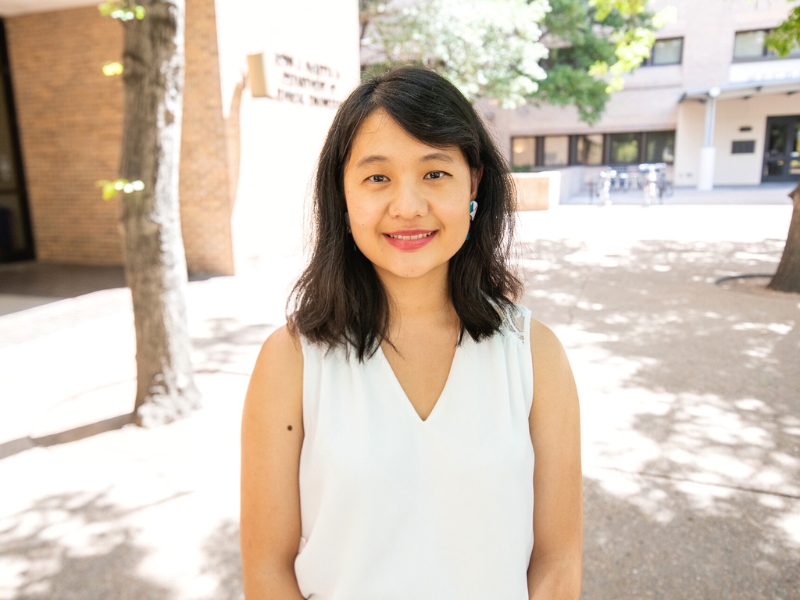The American Physical Society (APS) has awarded Wennie Wang of the University of Texas at Austin the prestigious 2025 Maria Goeppert Mayer Award.
This award, established to recognize outstanding early-career achievements by women in physics, honors Wang for her pioneering work in materials science, specifically her research on defective transition metal oxides and their applications in energy sustainability.
The Maria Goeppert Mayer Award, named after the renowned physicist and Nobel laureate, includes a $5,000 stipend and a travel allowance for the recipient to present her research at multiple institutions and at an APS meeting. The award is designed to enhance visibility and opportunities for women physicists and encourage future contributions to the field through public lectures.
Wang’s research, which utilizes first-principles computational methods to uncover the microscopic properties of materials, has led to significant advancements in understanding optical, electronic, and transport properties relevant to next-generation energy technologies. Her contributions are also notable for their interdisciplinary approach, integrating chemical engineering, materials science, and solid-state physics.
In addition to her scientific achievements, Wang is deeply committed to broadening participation of underrepresented groups in computational materials science, highlighting her leadership and advocacy within the scientific community.
Wennie Wang Lab Group: https://wangmaterialsgroup.com
Wang’s academic journey includes a postdoctoral fellowship at the University of Chicago (2018-2021), a Ph.D. in Computational Materials from the University of California, Santa Barbara (2018), and a B.S. in Materials Science and Engineering from the Massachusetts Institute of Technology (2013). She has also been recognized with numerous awards, including the 2018 APS March Meeting Ken Hass Outstanding Student Paper Award and the 2017 National Science Foundation (NSF) Graduate Research Fellowship.
Wang’s research not only pushes the boundaries of computational engineering for energy materials but also serves as an inspiration for the next generation of women physicists. Her groundbreaking contributions and commitment to inclusivity make her a deserving recipient of the 2025 Maria Goeppert Mayer Award.
APS Announcement: https://www.aps.org/funding-recognition/award/goeppert-mayer


